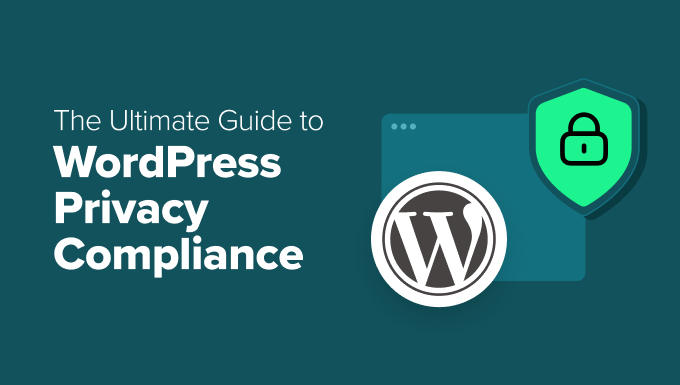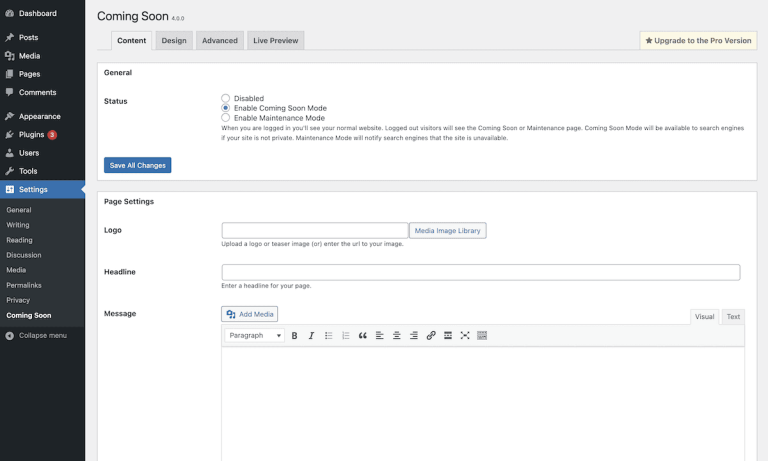I’ll admit: there was a period when privacy compliance seemed daunting.
With GDPR, CCPA, VCDPA, and other regulations, it felt like I needed a law degree to manage a simple WordPress site.
However, after assisting many website owners, I’ve realized compliance doesn’t have to be complex. Usually, a few straightforward changes can safeguard your website and demonstrate to visitors that you value their privacy.
That’s why I developed this ultimate guide to WordPress privacy compliance. I’ve researched numerous laws, tested various tools, and observed what works (and what doesn’t) across different WordPress sites.

⚠️ We are not lawyers, and nothing on this website should be considered legal advice.
Why Does Privacy Compliance Matter for Your WordPress Website?
Online privacy laws aim to give individuals more control over how websites, businesses, and online stores gather and use their personal data.
“Personal information” encompasses more than you might think. It includes names and email addresses, as well as browsing history, preferences, location, and even biometric data.
That’s why most WordPress sites are subject to privacy laws, even if they only collect basic data like form submissions or cookies.
Adhering to these laws is crucial for two reasons:
- Avoiding legal issues: Some laws, like the Virginia Consumer Data Protection Act (VCDPA), can impose fines of up to $7,500 per violation. Other laws have even higher penalties, sometimes in the millions.
- Building trust with your audience: When visitors see that you respect their privacy, they’re more likely to engage with your site, subscribe to your email list, and make purchases.
In other words, privacy compliance isn’t just a legal obligation. It’s a wise strategy for long-term success.
In this guide, I’ll provide 12 key tips for WordPress privacy compliance. Then, I’ll outline the most significant privacy laws that might impact your site.
Read on for the ultimate checklist to comply with international data privacy laws.
12 Tips for Achieving WordPress Privacy Compliance
No single guide can ensure full compliance with every privacy




